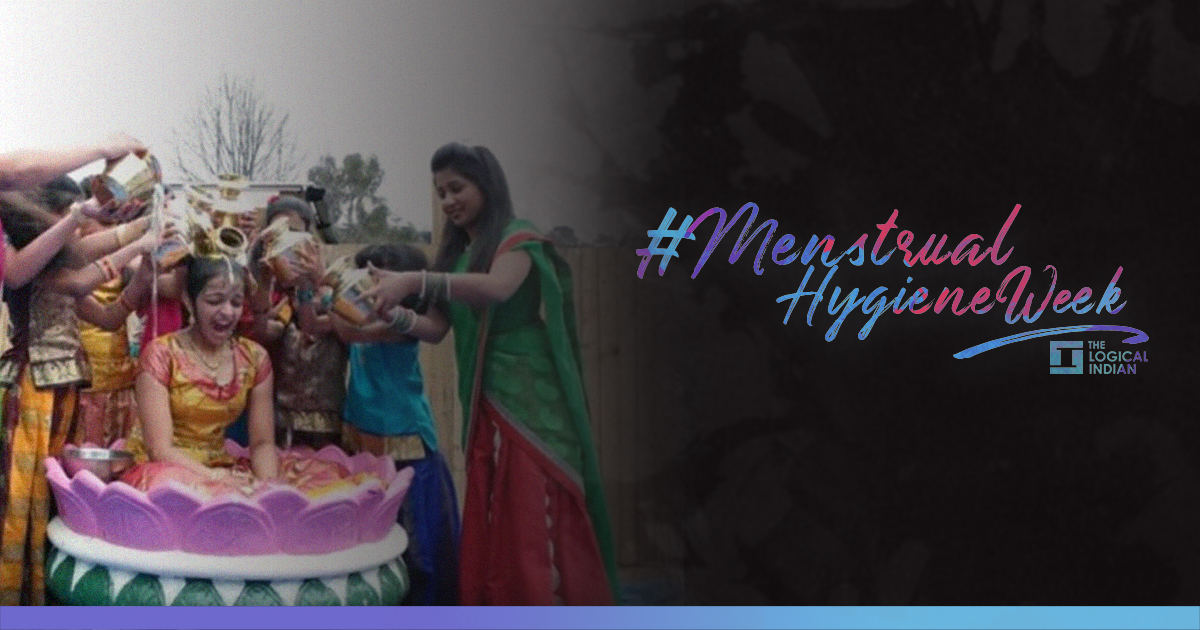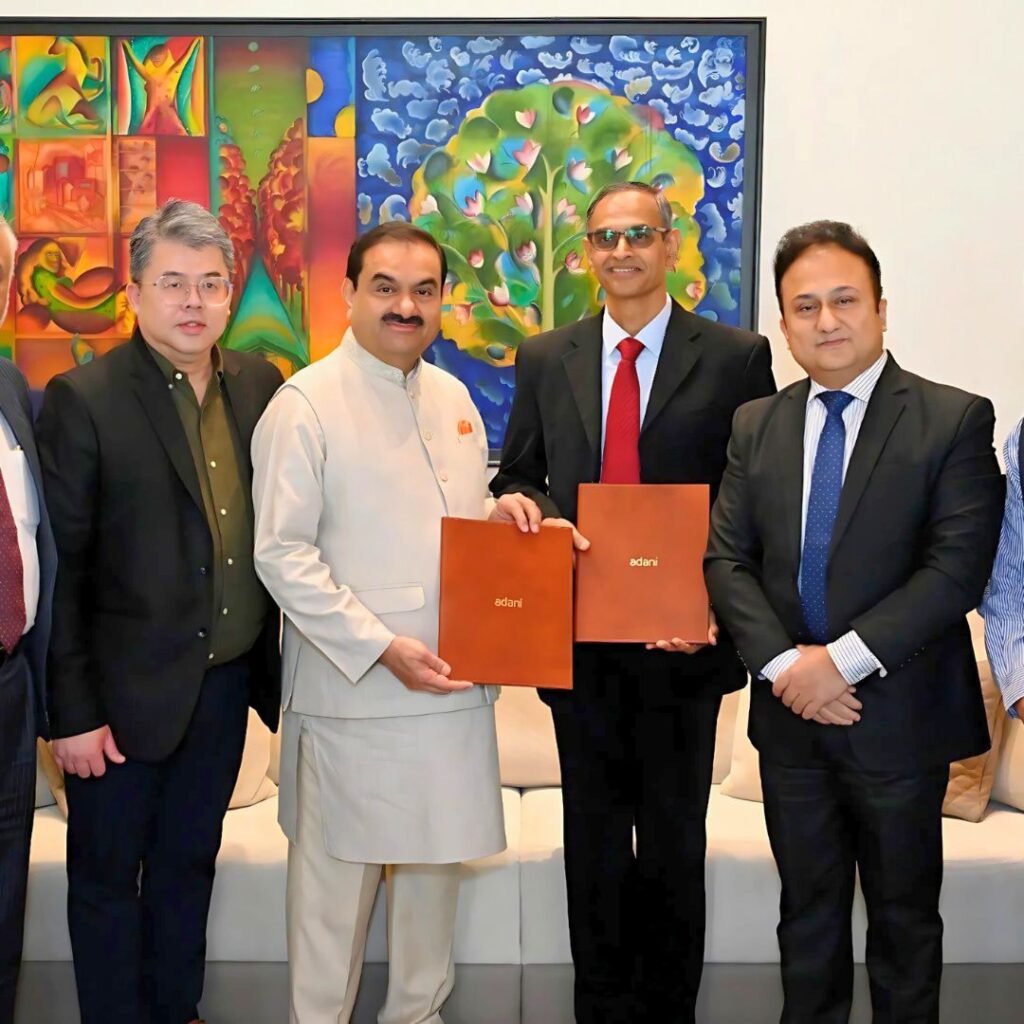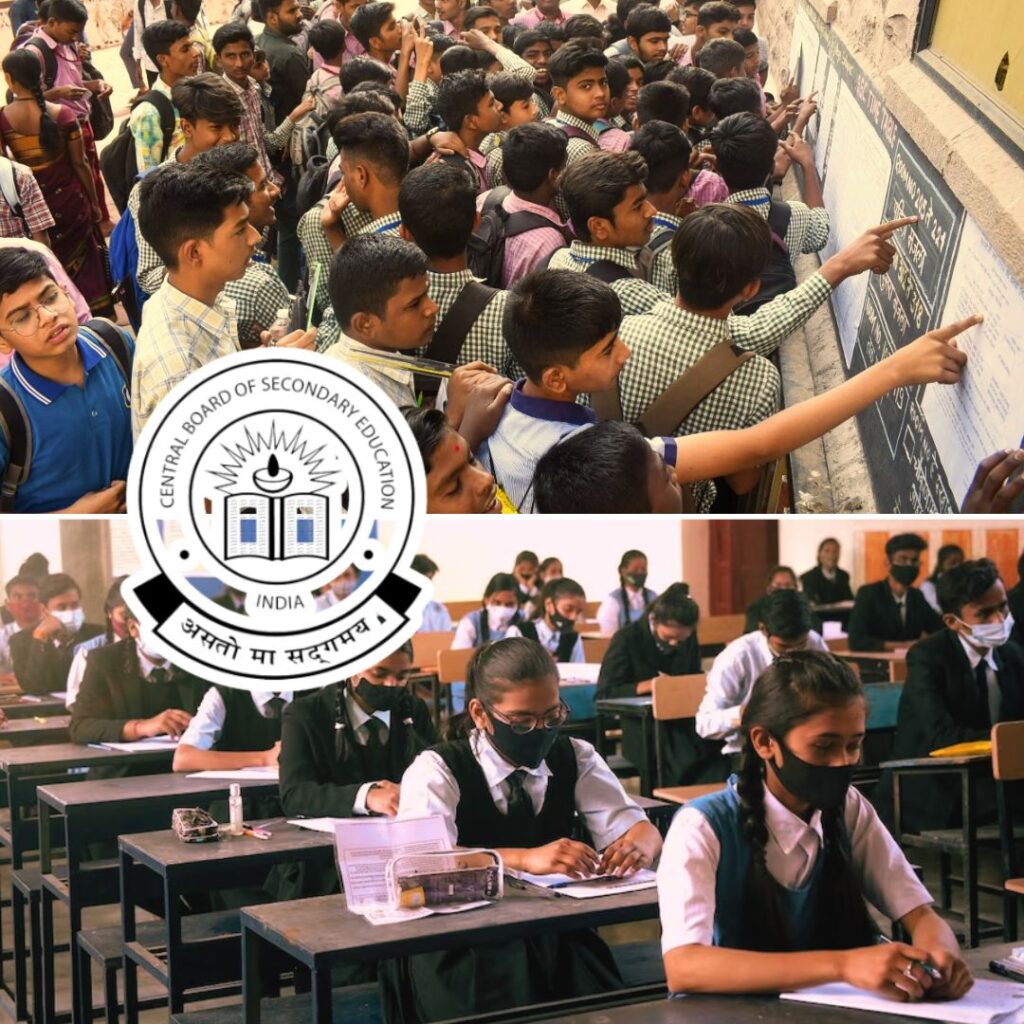As World Menstruation day approaches us on May 28th, the topic may be out in the open but the stigma remains in the society as a whole. #MenstrualHygieneWeek is a campaign by The Logical Indian to create awareness, ask pertinent questions, get answers and bust myths.
Menarche, the first menstrual cycle is considered to be something of a milestone in a woman’s life. It is also considered to be a girl’s ‘transition to womanhood’. While in many parts of the world, this is a very hush-hush affair, meant to swept under the rug, quite opposite to it, a few parts of India celebrate it.
Across a few parts of the country, a grand celebration marks a girl’s first menstrual cycle. In the past, these celebrations were organised to tell that the girl is now of ‘marriageable age’ and looking for potential suitors.
The Logical Indian spoke to a few women from different parts of south India, across communities to know how the celebrations unfold.
Celebrations across south India
Monica Ravishankar, who hails from Vellore in Tamil Nadu says that the celebration in the state is called ‘Manjal Neerattu Vizha’. “It is a grand affair. Invitation cards are distributed among relatives, friends and neighbours. Some people go to the extent of erecting hoardings and boards with the huge cut-out of the girl.” Monica adds that the girl’s uncle builds the hut or ‘kudisai’ made of coconut, mango and neem leaves.
“The girl is bathed in turmeric water and asked to stay in kudisai, where men are not allowed. Metal brooms are kept in the hut, along with delicious traditional delicacies. The girl is dressed in silk saree and adorned with jewellery,” says Monica. “The whole function is concluded with ‘Punya Dhanam’, usually performed on the 9th, 11th and the 15th day. The hut is removed and the priest performs ‘purification’ of the house.”
There are several superstitions that are also followed, for example, leftover food from the girl’s plate is not given to dogs, it is believed that it may cause stomach ache. Additionally, she is prohibited from entering the temple, says Monica.
Nishath Tarannum from Channapatna, Karnataka, told The Logical Indian that in her community, a girl getting her first periods is marked with celebration. She is gifted fruits, Sarees and pieces of jewellery. Such functions are only attended by women relatives and friends.
This function is called ‘Peddamanishi Pandaga’ in parts of Andhra Pradesh and Telangana says Vijayalakshmi TG who hails from Chittoor in Andhra Pradesh. “This is celebrated on the 1st, 5th and the last day of periods. On the first day, we have ‘mangal snan’. The girl is bathed by five women excluding the mother. The girl is kept in a separate room during this period and she is disallowed from roaming around. Through the days the functions last for, she is given separate utensils, a mattress. She is fed nutritious food. On the last day function, she is applied sandalwood paste. Gifts like saree, jewellery, and other utilities are gifted by the girl’s uncle.”
Swaathi SV from Bengaluru says that this function is also commonly called the ‘half-saree function’. “The girl is made to stay in a hut close to the house along with her sisters or friends. She is a gifted sarees and jewellery. Superstition forbids the mother of the girl to meet her during the days she is menstruating. It also generally the time when the girl wears saree for the same time,” says Swaathi.
She adds that with time, organising of the function with such grandeur is seeing a gradual decrease, especially in cities. Now it is only a few villages were these celebrations with all rituals, including that building of huts is followed.
Other than South Indian states, other parts of the country where celebrations are performed. In Assam, this tradition is called ‘Tuloni Biya’. In this, the girl is confined to a room for the first four to seven days. On the fourth day, turmeric paste is smeared on the girl’s body and she is given a ceremonial bath. This ritual is repeated on the seventh day, followed with a feast. She receives gifts and blessings from the guests.
The Logical Indian appreciates that the fact that a natural phenomenon which despite being natural is considered to be a taboo, is celebrated in parts of the country. However, we feel that the superstitions which are followed along with celebrations should be done away with.
What does menstruation mean to you? Do you twitch a bit or sit uncomfortably at the mere mention? Want to share your experience? write to us at [email protected], remember to hashtag #MenstrualHygieneWeek












